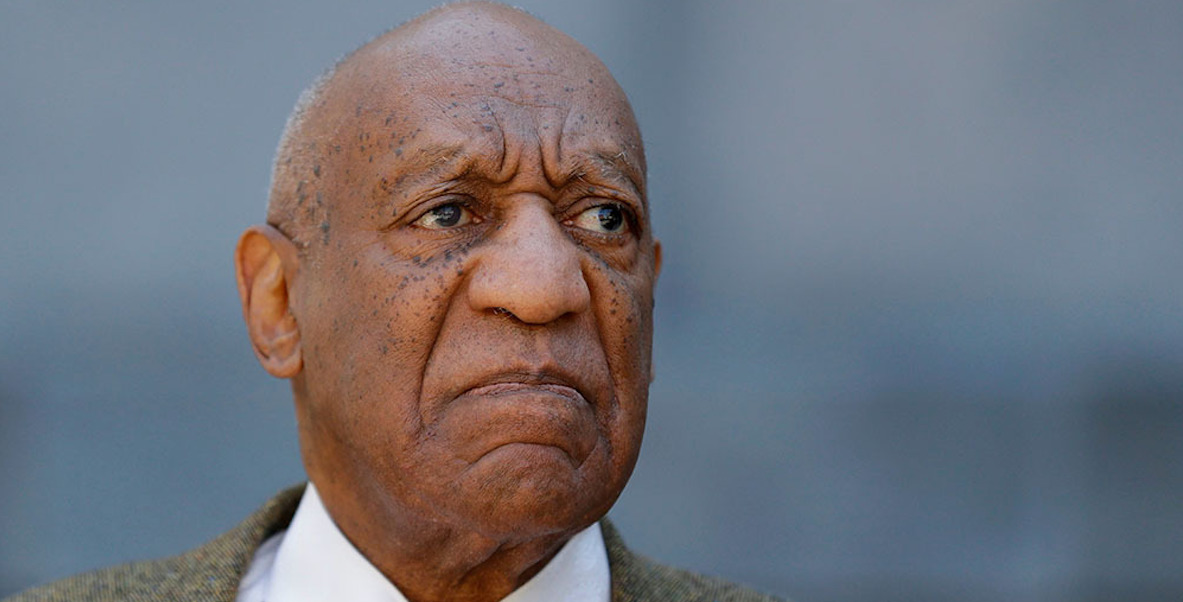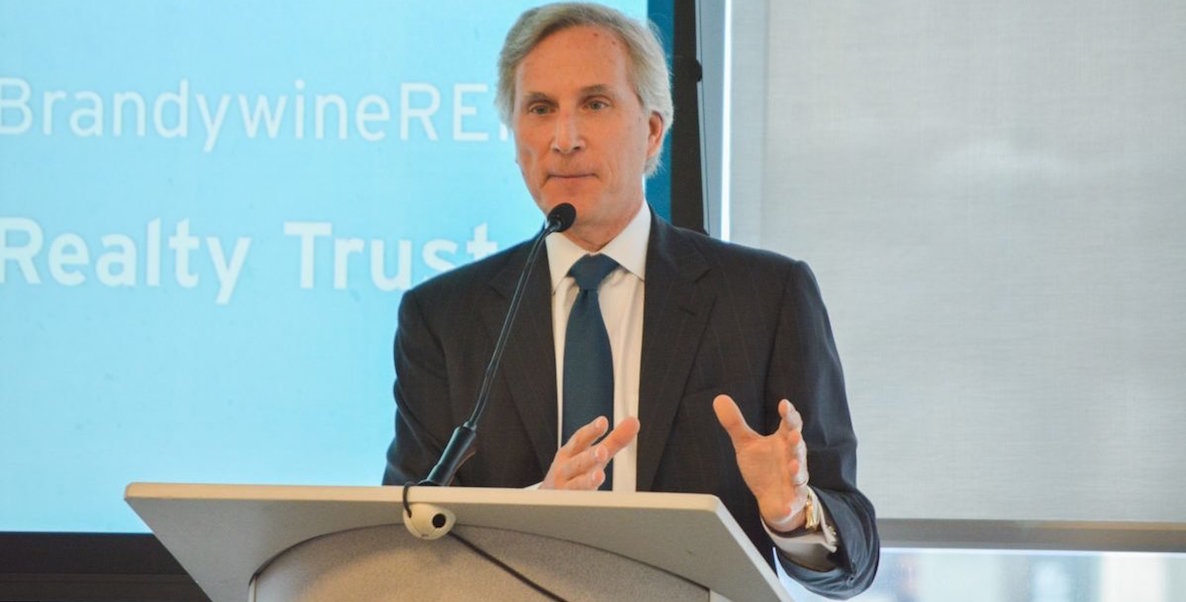Council budget hearings are rarely the stuff of high drama. In fact, they’re usually pretty scripted and, as a result, rather boring. One member of Mayor Nutter’s staff recounted for me this week all the late nights of meticulous preparation that administration would undergo in order to avoid making headlines when questioned by Council.
Well, this year’s budget hearings have deviated from the rule. When City Councilman Allan Domb questioned Treasurer Rasheia Johnson about the city’s accounting practices—revealing an unconscionable $33.3 million hole between what’s on the city books and what’s in the city’s main bank account—it was one of those rare moments when government’s gross incompetence is laid bare for all to see. Under incisive, disbelieving questioning from Domb, Johnson and Deputy Treasurer Chris Schwartz stammered their way to conceding that some of the city’s books weren’t reconciled for seven years and that the administration doesn’t know where 33 million of your tax dollars went.

Prefer the audio version of this story? Listen to this article in CitizenCast below:
Audio Player
Check out the hemming and hawing in response to Domb’s questions beginning at the two minute mark below, and Domb’s dumbfounded responses (“I’m flabbergasted!”):
Let’s be clear about what happened here. From 2010 up until last summer, the city did not reconcile its payroll or general disbursement accounts, and, according to Finance Director Rob Dubow and Johnson, both of whom I spoke to yesterday, did not reconcile its consolidated cash account since 2014. That’s the main account funding city operations, which typically has hundreds of millions of dollars running through it and for four years it was not reconciled against the daily revenue of the city, which would have been in keeping with best practices.
That’s where the $33 million hole is, which Dubow and Johnson say has now been whittled down to $27 million. So: The city has, at best, misplaced $27 million of taxpayer money and hired an accounting firm for $500,000 to find it…at a time when the Kenney administration is seeking yet another property tax increase.
The city has, at best, misplaced $27 million of taxpayer money…at a time when the Kenney administration is seeking yet another property tax increase. Are you feeling like they’ll handle that revenue responsibly? Doesn’t exactly inspire confidence, does it?
Are you feeling like they’ll handle that revenue responsibly? Doesn’t exactly inspire confidence, does it?
This amounts to governmental malpractice, and it warranted more than just the one story in the Inquirer. Most of all, it warranted some leadership from Mayor Kenney, who opted for semantic game-playing and defensiveness:
Somewhere, Harry Truman—upon whose desk sat a sign reading “The Buck Stops Here”—is gyrating in his grave. The Mayor says “reconciling is not missing.” Well, if your answer to the question “Where’s the 27 million?” is “I don’t know,” guess what? It’s missing.
What we have here is a cultural problem. Government in the People’s Republic of Philadelphia is not only plodding; it turns a blind eye to crisis. (See: Pensions, the unfunded liability of which now takes up roughly 16 percent of the city’s budget). It’s telling that two of the newest faces in city government—Domb and Controller Rebecca Rhynhart—have reacted with a sense of urgency conspicuously lacking from the Mayor and Dubow.
“Any person in small business will tell you, if your cash register is $50 off, you stay late and figure it out,” Rhynhart says. “I don’t see that urgency here. And I’ve told the Mayor that. This is the people’s money and much more care needs to be taken.”
“We’re a $4.6 billion corporation,” Domb says. “If we had a Board of Directors, this never would have been allowed to occur. Any business owner will tell you, if their books are even slightly off, they’re staying up all night to get to the bottom of it.”
Rhynhart doesn’t make Kenney’s “reconciling is not missing” distinction. “The records show that the City should have $33 million more in the bank than it does,” she says. “In the auditing world, that’s listed as a ‘material weakness,’ a deficiency in internal control over financial reporting. That’s a big deal.”
Rhynhart says that reconciling is a core function of the Treasurer’s Office, and she should know, having headed that office under Mayor Nutter, reporting to Dubow. “If the payroll account reconciliation fell a month or two behind, I’d order overtime so we could get up to speed,” she says, noting that the city’s virus of non-reconciliation started after her tenure as Treasurer. “The Finance Department needs to get its act in order with some urgency. A culture change needs to happen. Any person in small business will tell you, if your cash register is $50 off, you stay late and figure it out. I don’t see that urgency here. And I’ve told the Mayor that. This is the people’s money and much more care needs to be taken.”
In fact, former Controller Alan Butkovitz brought these accounting practices—or the lack thereof—to the attention of Dubow beginning in 2014. In my call with Dubow and Johnson yesterday, Dubow acknowledged that and they both said they knew about the missing (what was then) $40 million last summer. Johnson says they did, in fact, react with urgency. “When I came on board and realized reconciliations weren’t completed, step one was to put a plan in place and change the culture,” she says. “Step two was additional staff after Rob provided resources for additional staff.” That, according to Johnson, translated into one additional hire, so that there’s now two and one-half people dedicated to accounting and reconciliation, in addition to the pricey outside firm that’s just getting started.
Doesn’t exactly sound like anyone’s been pulling all-nighters, does it? Johnson, keep in mind, was named Treasurer at the start of the Kenney administration in January of 2016. That’s over two years ago, and all the city has to show for its efforts is a lower amount of missing taxpayer dollars, one additional hire, and sizable invoices from an outside accounting firm? Sounds more like a public relations—as opposed to a reform—plan.
Dubow has been the city’s Finance Director for a decade, and he has a stellar reputation, both for his municipal finance acumen and for his inside political skills. “Ultimately, I’m responsible,” he tells me when I ask who should be held accountable for this embarrassment. When I tell him the lack of basic accounting principles feels to me like the city has failed in its fiduciary responsibility to taxpayers, he doesn’t quibble. “That’s why we’re fixing it,” he says.
Domb cautions me that there’s a systemic issue at play here that goes beyond Dubow. “I can’t blame Rob, this is too big a job for one guy,” he says. “With a budget of $4.6 billion, we’re a huge corporation and we’re not investing enough in financial controls. Each department should have a Chief Financial Officer who reports to Rob, not to the department head, so there’s real oversight.”
The Mayor says “reconciling is not missing.” Well, if your answer to the question “Where’s the 27 million?” is “I don’t know,” guess what? It’s missing.
But Dubow says Domb’s cure wouldn’t have helped. “This really came down to staffing issues in the Treasurer’s office,” he says. If he’s right, though, the plan going forward from Dubow and Johnson doesn’t exactly inspire confidence. It’s incremental—a hire here, a reassignment there, an outside agency to help—and so far, so are the results, the “whittling down” of the missing money from $40 million to $26 million.
Domb sees this as part of a “this is how we’ve always done it” pattern in city government. He’s wrestled of late with the Department of Prisons, for example, which is resisting his common sense call for a 15 percent budget reduction in light of the 30 percent drop in the number of inmates incarcerated. He pledges to stay on top of the city’s accounting shortcomings.
Stories from Larry PlattRead More
I keep coming back to the issue of leadership and accountability. When Los Angeles discovered $42 million had been lost due to an accounting error, the city’s chief administrative officer Miguel Santana didn’t obfuscate or offer excuses. He owned it. “When all your focus is on providing resources and surviving another year, proactive review of our fiscal management can get lost in there,” he explained, an instinct which—who knows?—may have been at play here.
Demand accountabilityDo Something
You’d like to see the Mayor take ownership and impose accountability. After all, it’s the credibility of his administration that’s at stake when his underlings are scrambling to find millions of missing dollars—while he’s asking for more in taxes. Rob Dubow has been the Director of Finance for a decade and has served the city honorably. But sometimes fresh eyes bring new solutions. Sam Katz, the former head of fiscal oversight board PICA once said, “Maybe we should have term limits for all senior city officials,” and that seems entirely apropos now, as the Kenney administration tries to come back from a bad self-inflicted wound.
Clarification: In a quote above, City Controller Rebecca Rhynhart says the City should have “$33 million more in the bank than it does.” Her office has not yet confirmed that the missing amount is now $27 million.






